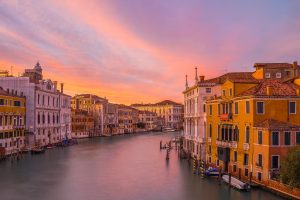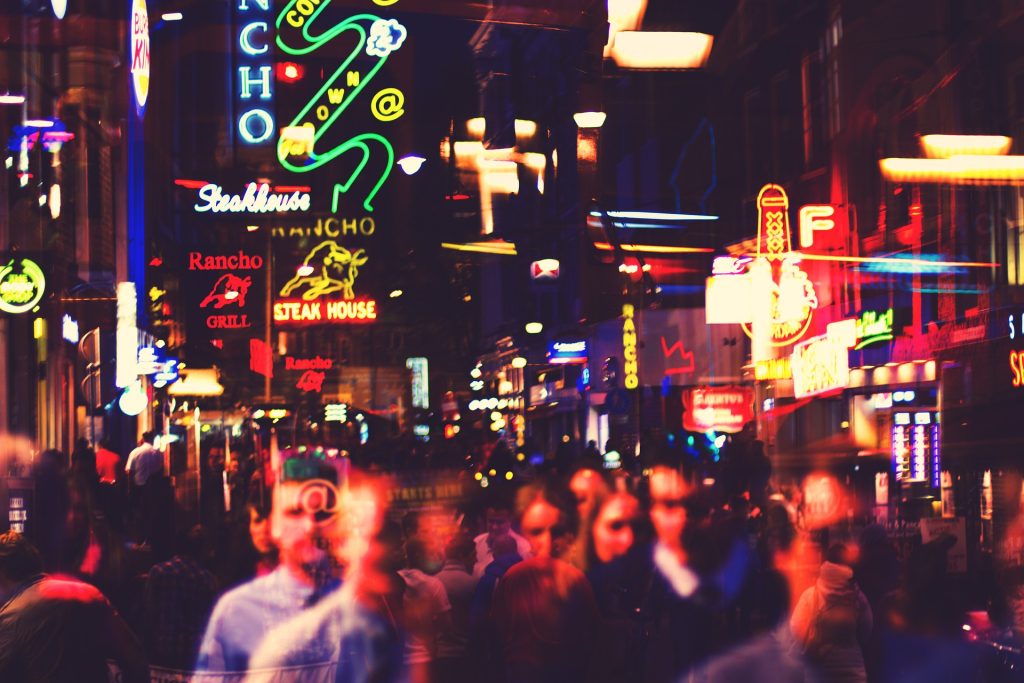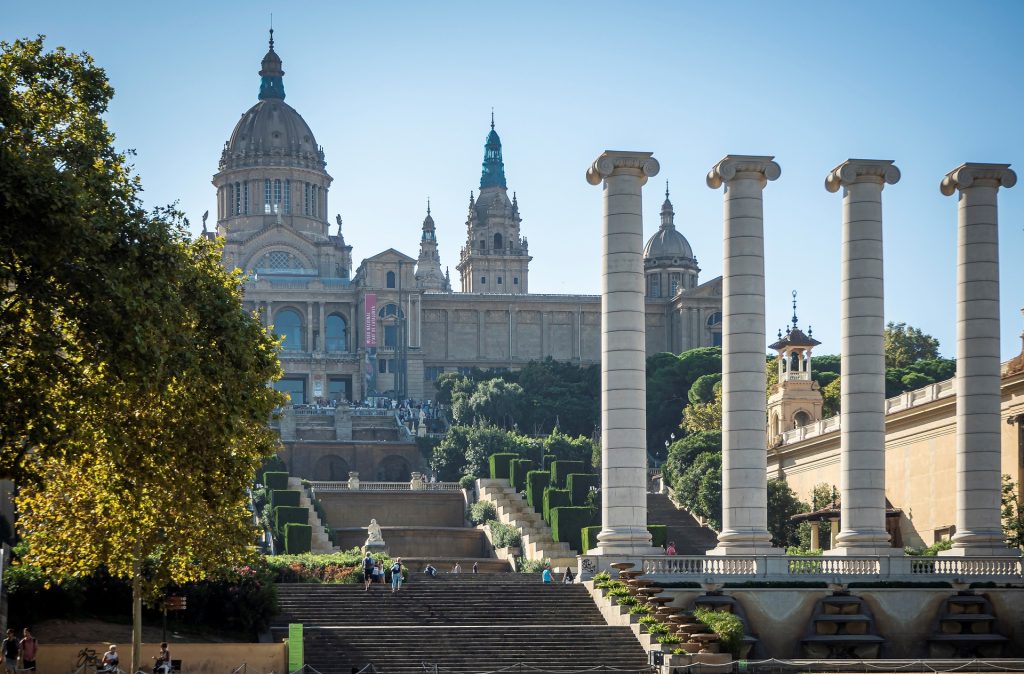 1. Introduction
1. Introduction
Venice, the city of canals and romance, has long been a dream destination for travelers around the world. Famous for its intricate waterways, stunning architecture, and cultural heritage, it attracts millions of visitors each year. Yet behind the picturesque beauty, many Venetians are growing increasingly frustrated with the overwhelming presence of tourists. Why has this iconic city become a symbol of overtourism, and why do its residents feel that they are losing their home to an endless stream of visitors?
2. A Brief Overview of Venice
Located in northeastern Italy, Venice is built on more than 100 small islands connected by canals and bridges, making it one of the most unique cities in the world. Known for landmarks like St. Mark’s Basilica, the Rialto Bridge, and the Grand Canal, Venice has been a major center of art, history, and culture for centuries.
Despite its grandeur, Venice faces significant challenges. The city receives over 25 million tourists annually, with only about 50,000 residents remaining. The influx of tourists has dramatically altered daily life, pushing locals out and turning Venice into a destination where the crowds far outweigh the local population.
3. The Local Perspective
For many Venetians, the daily onslaught of tourists has become unbearable. Here are some of the key reasons why locals are unhappy with the overwhelming tourism in their city:
- Cultural Erosion: Venice’s unique identity is being diluted as the city is transformed into a tourist playground. Traditional crafts and local businesses are being replaced by souvenir shops and international chains, erasing the cultural essence that once made Venice so special.
- Housing Crisis: Short-term rentals like Airbnb have driven up housing costs, making it nearly impossible for Venetians to afford living in their own city. As homes are turned into vacation rentals, many locals have been forced to move to the mainland, leaving Venice increasingly empty of its residents.
- Environmental Impact: The constant flow of tourists, especially from large cruise ships, is taking a toll on Venice’s fragile ecosystem. The city’s canals are eroding, and the rising waters, exacerbated by climate change, are making the city more vulnerable to flooding. The environmental damage caused by mass tourism is one of the primary reasons locals are calling for stricter regulations.
4. The Impact of Overtourism
Venice has become a poster child for overtourism, where the sheer volume of visitors causes more harm than good. The issues facing the city are multifaceted:
- Infrastructural Strain: With such a high volume of visitors, Venice’s narrow streets, bridges, and public services are overwhelmed. Public transportation, including the iconic vaporetto boats, is often packed with tourists, leaving little room for locals trying to go about their daily lives.
- Economic Disparities: While tourism contributes to Venice’s economy, it also creates stark economic inequalities. Jobs in tourism often pay low wages, and much of the profit from international chains doesn’t stay in the local economy. Many Venetians feel that tourism benefits a select few, while the wider community suffers.
- Loss of Authenticity: Venice is increasingly seen as a “theme park” for tourists, where visitors come to experience the romanticized version of the city, often without understanding or respecting its cultural depth. This superficial engagement strips the city of its authenticity and turns its landmarks into mere attractions for selfies.
5. Respectful Travel Tips
If you plan to visit Venice, it’s important to do so in a way that respects the local community and the fragile environment. Here are some tips for responsible tourism:
- Visit During Off-Peak Seasons: Try to avoid the peak summer months when Venice is at its most crowded. Traveling during the shoulder seasons (spring or autumn) can help reduce the pressure on the city’s infrastructure.
- Support Local Businesses: Instead of frequenting chain stores or tourist traps, seek out local artisans, family-run restaurants, and traditional shops. This helps preserve Venice’s cultural heritage and supports the local economy.
- Stay in Sustainable Accommodations: Choose eco-friendly hotels or accommodations that are mindful of their impact on the environment. Avoid booking short-term rentals in central Venice, which contribute to the housing crisis.
- Respect Local Customs: Venetians are proud of their city and their way of life. Be mindful of noise levels, dress appropriately, and respect the cultural significance of the sites you visit. And always remember, Venice is not just a tourist destination—it’s a living city.
6. Ethical Considerations
Visiting Venice raises important ethical questions. Should we continue to visit places that are clearly suffering from overtourism, or should we consider alternative destinations that are better equipped to handle large numbers of visitors? As travelers, we have a responsibility to understand the impact we have on the places we visit.
While Venice’s beauty is undeniable, its residents have been vocal about the strain that tourism places on their city. To travel ethically means acknowledging these concerns and doing what we can to minimize our impact, whether by visiting responsibly or choosing to explore less crowded destinations.
7. Alternatives to Venice
If you want to experience the charm of a historic Italian city without contributing to Venice’s overtourism issues, here are some beautiful alternatives:
- Trieste: A stunning coastal city with a rich history, blending Italian, Austrian, and Slovenian influences.
- Verona: Famous for its connection to Shakespeare’s “Romeo and Juliet,” this city offers beautiful architecture and a romantic atmosphere without the overwhelming crowds.
- Bologna: Known for its medieval towers and vibrant food scene, Bologna is a dynamic city with fewer tourists and plenty to explore.
8. Conclusion
Venice’s beauty is timeless, but its future is at risk due to the overwhelming effects of overtourism. As visitors, we must be conscious of the impact we have on this fragile city and its residents. By traveling responsibly, respecting local culture, and supporting sustainable tourism, we can help protect Venice for future generations.
9. Call to Action (CTA)
Are you passionate about responsible travel? Subscribe to our newsletter for more tips on ethical tourism and discover destinations that prioritize sustainability and local communities. Follow us on Instagram for stunning travel photography and insights into hidden gems around the world!

